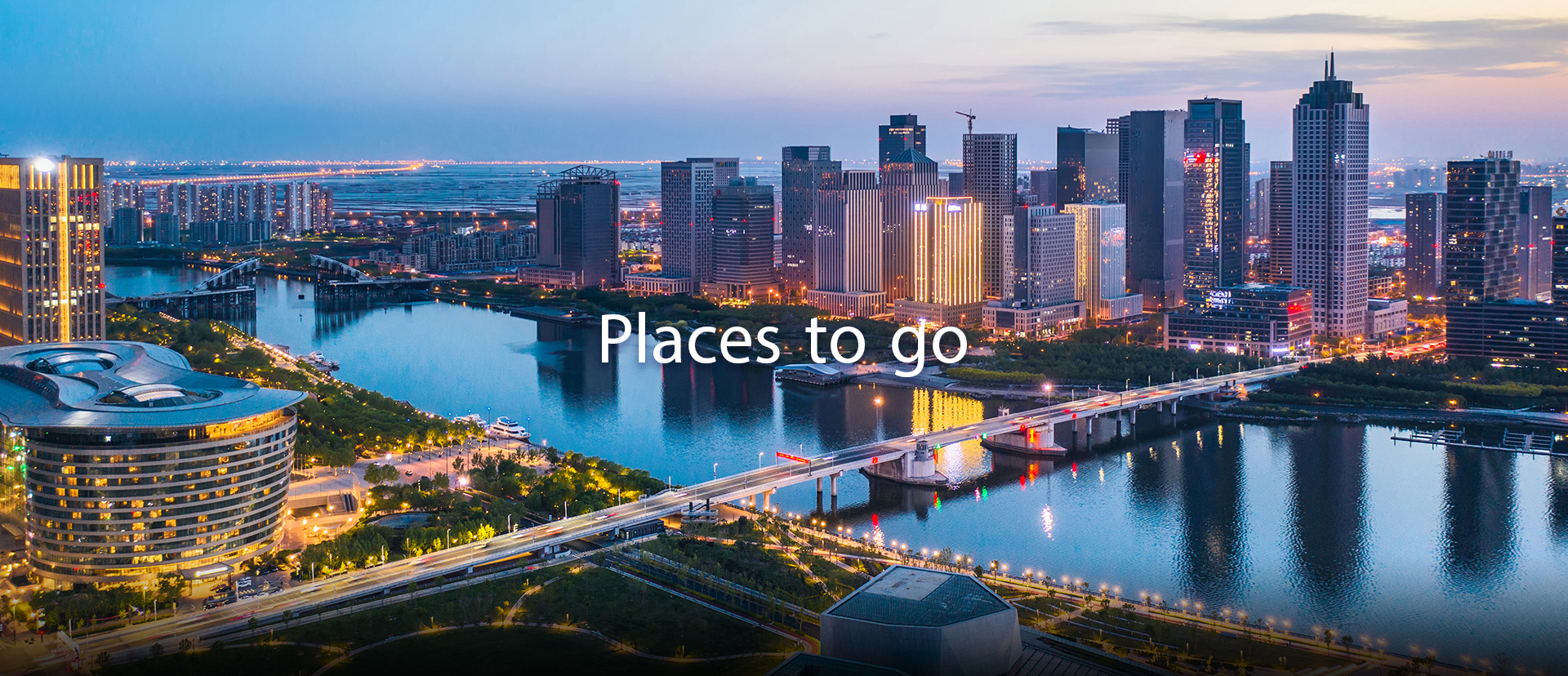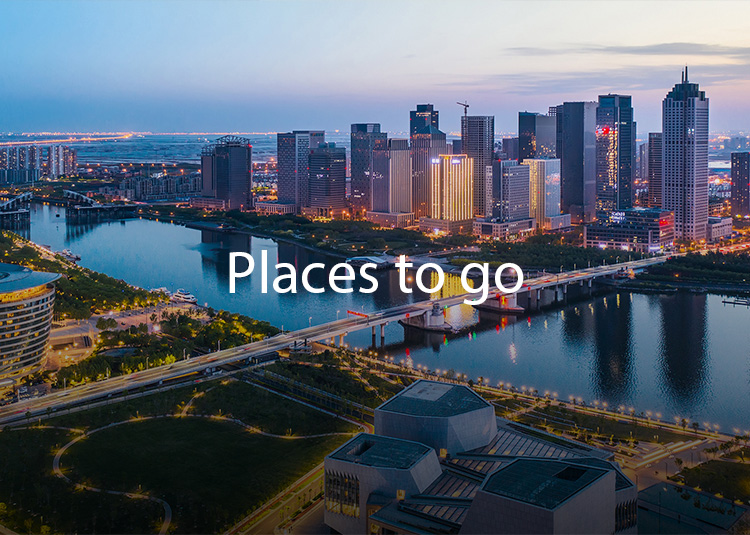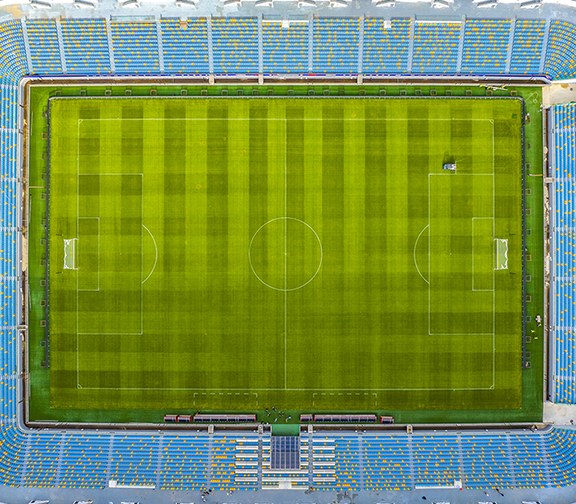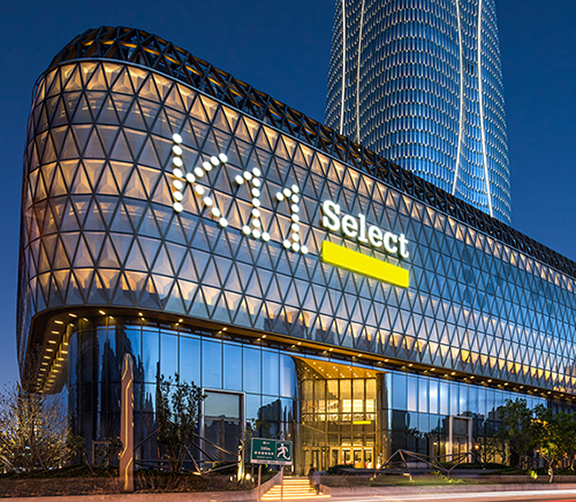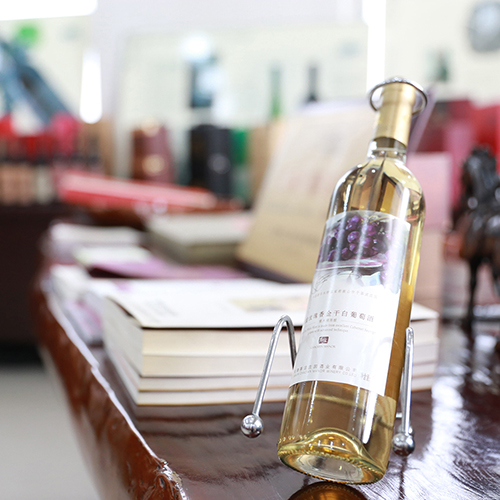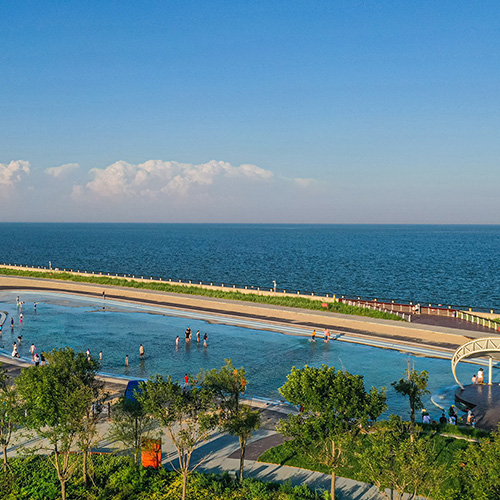Xincheng
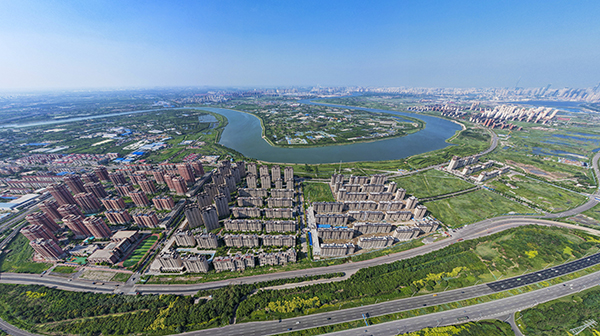
Xincheng Town is situated on the southern bank of the Haihe River, in the core area of Binhai New Area. It shares its southern border with Tanggu Salt Field and Gulin Subdistrict, while its western boundary adjoins Gegu Town in Jinnan District. To the north lies the Haihe River, and to the east is Henan Road, with the Tanggu urban area located across the river. The town spans a coastline of 13.59 kilometers along the Haihe River and covers an area of 29.8 square kilometers. It is home to approximately 23,400 permanent residents and is administratively divided into 5 villages and 3 communities.
The Southern New Town for Rural Urbanization project in Xincheng Town is a collaborative urban development initiative between Binhai New Area and China State Construction Engineering Corporation. This project encompasses all administrative villages within the town. To date, it has achieved the construction of 370,000 square meters of resettlement housing, with a cumulative investment of 12 billion yuan. Furthermore, a total of 1,772 mu of land has been successfully sold, attracting investments from reputable real estate companies. Currently, there are 12 registered real estate enterprises operating 18 projects within the town.
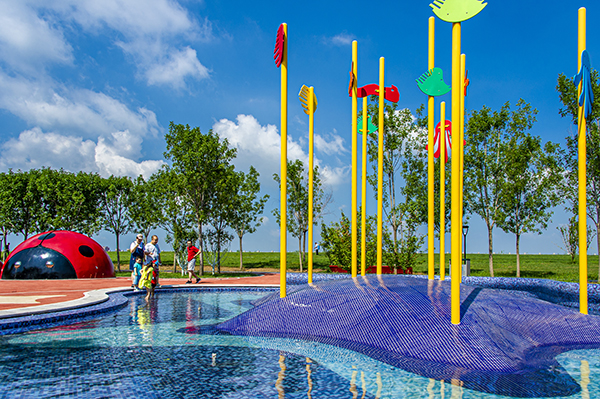
Xincheng Town is divided into two distinct areas by Tianjin Avenue. The northern region, located north of Tianjin Avenue, is designated for urbanization and focuses on the development of urban supporting service industries. The introduction of renowned educational institutions such as Tanggu No. 1 Middle School Education Group and China Telecom has enhanced the convenience of residents' daily lives. Notably, the "Red Ribbon" slow-walking trail, an iconic facility with elegant architectural design, connects the Xingyuehai River Scenic Park with the picturesque 13-kilometer riverbank. The trail has become a popular spot for leisure, weekend activities, and scenic photography.
To the south of Tianjin Avenue, there are distinctive industrial parks, with a primary emphasis on the development of the Modern Urban Agriculture Science and Technology Park and the Automobile Trade Cultural and Creative Industrial Park. Building upon existing foundations, these parks leverage resources such as the Longda Hot Spring Ecological City and specialty agricultural products like tomatoes and peaches to foster collaboration between academia, industry, and research. The introduction of educational and research facilities aims to enhance the quality and efficiency of the regional agricultural industry, while promoting the active development of rural leisure tourism. Additionally, supported by the Huarong automobile industry and Shangmei used car trading, comprehensive services including appraisal and certification, standard authentication, and automotive finance are being expanded to complement the existing commercial new car sales and 4S service enterprises. These efforts contribute to the gradual advancement of the construction of the Automobile Trade Cultural and Creative Industrial Park.
- Links
- Exploring Tianjin
- Tianjin Gov

